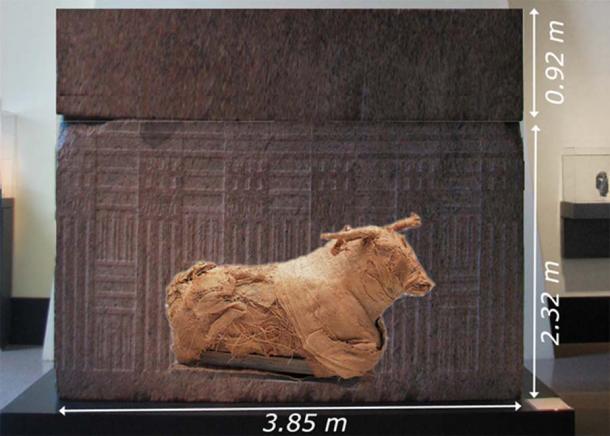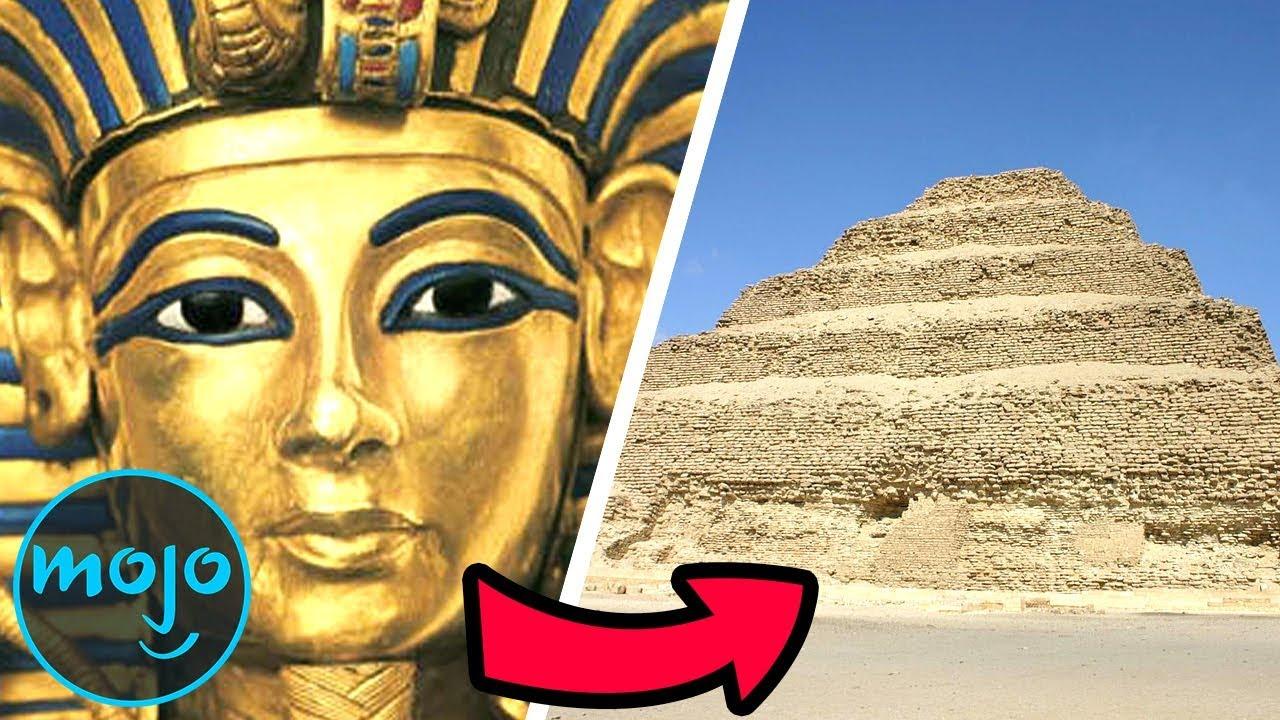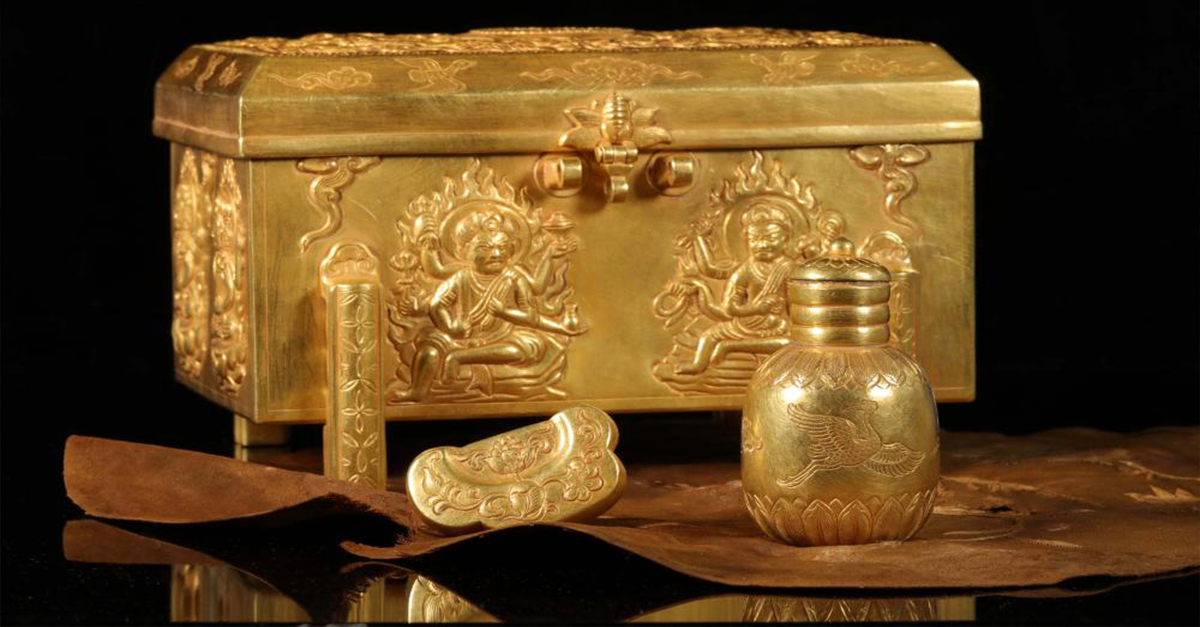A linguistic virtuoso, he mastered nine languages, encompassing ancient Egyptian and languages spoken by the Parthians, Hebrews, Medes, Troglodytes, Syrians, Ethiopians, and Arabs.
Cleopatra VII Philopator (69 BC – August 12, 30 BC), a compelling figure in history, served as an Egyptian queen and the ultimate pharaoh of Ancient Egypt. Entwined in the intricate politics of the Roman Empire, she became the beloved companion of both Julius Caesar and Mark Antony.
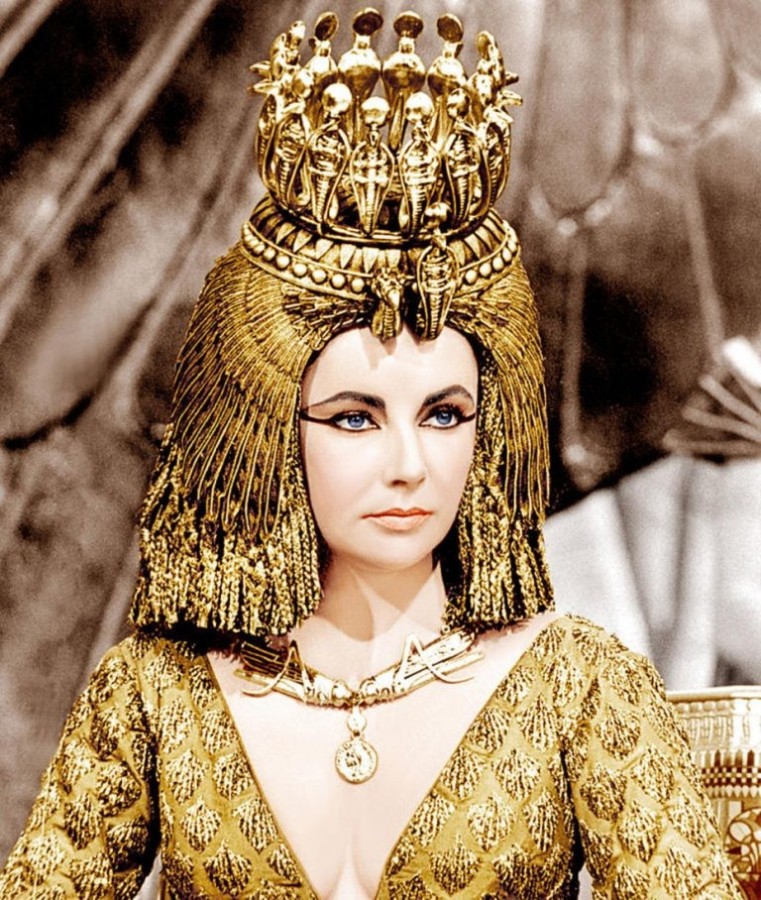 Cleopatra was born around 69 BC Her father Ptolemy XII died (in 51 BC) when she was 18, leaving Cleopatra and her brother Ptolemy XIII as co-regents. As was customary at the time, she married her brother and together they ruled Egypt. However, Ptolemy soon exiled her, leaving him in charge.
Cleopatra was born around 69 BC Her father Ptolemy XII died (in 51 BC) when she was 18, leaving Cleopatra and her brother Ptolemy XIII as co-regents. As was customary at the time, she married her brother and together they ruled Egypt. However, Ptolemy soon exiled her, leaving him in charge.
In 48 BC, the Roman Empire was embroiled in a civil war between Julius Caesar and Pompey. When Pompey fled to Alexandria, the capital of Egypt, he was killed by order of Ptolemy.
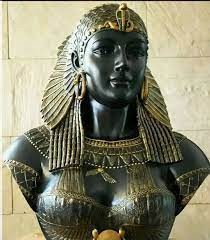
Shortly after, Julius Caesar arrived in Egypt where he met her and fell in love with her. With Caesar’s support and military force, Ptolemy was overthrown, assassinated, and she was reinstated as queen. In 47 BC C., gave birth to Caesarion, although Caesar never publicly declared him as his son.
For a time, Cleopatra’s reign brought relative stability to the region, bringing a degree of peace and prosperity to a country ruined by civil war. Although raised to speak Greek like her family, she made an effort to learn Egyptian and then only spoke in Egyptian. In 44 BC C., Julius Caesar was assassinated and the years after Caesar’s death led to a major power struggle between Mark Antony and Caesar’s adopted son, Octavius.
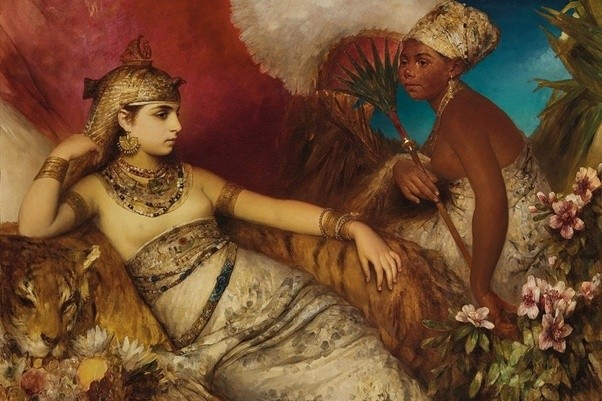
Despite being married to Octavio’s sister (Octavia), Mark Anthony began a relationship with her and together they had three children. Octavian was able to worry the Romans that Mark Antony would hand over Rome to this Egyptian queen, who seemed to have Mark Antony under her spell. It was also considered a family insult that Mark Anthony was married to his sister, but had an affair with her. Together, Cleopatra and Mark Antony had three children.
The antagonism grew into a civil war and, in 31 BC. C., he joined his Egyptian forces with the Roman forces of Mark Antony and fought against the forces of Octavian on the western coast of Greece.
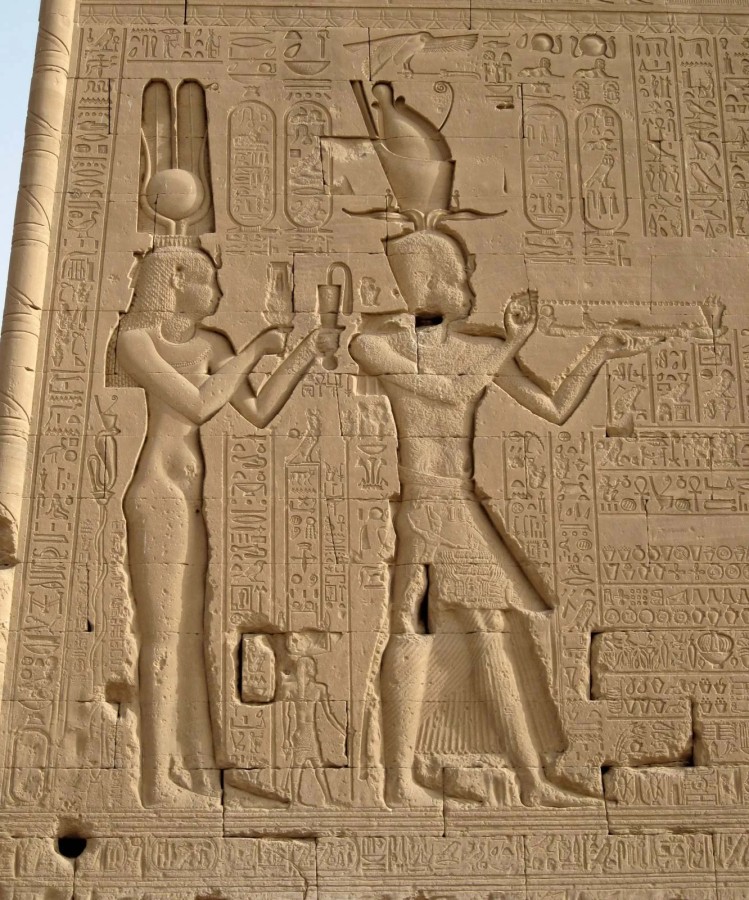
Cleopatra and Mark Antony were decisively defeated in battle and barely escaped back to Egypt. However, Octavian’s forces pursued the couple and captured Alexandria in 30 BC With no way to escape, Mark Antony and Cleopatra took their own lives and committed suicide on August 12, 30 BC. Octavian later had Octavian strangled. his son Caesarion, ending Cleopatra’s dynasty. Egypt became a province of the Roman Empire and turned out to be the last of the Egyptian pharaohs.
The mystique of Cleopatra
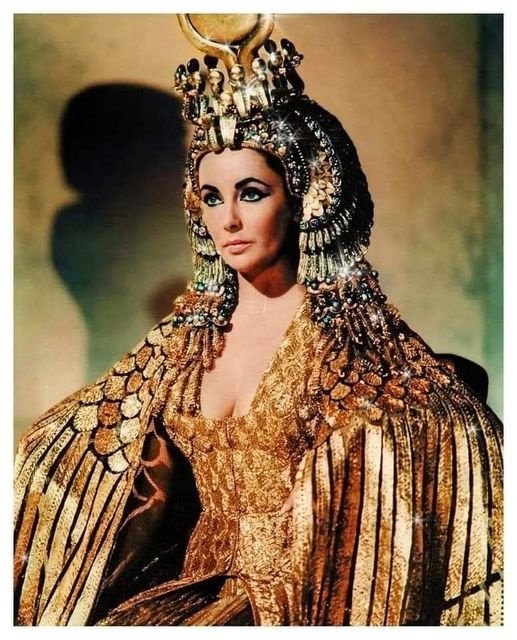
Cleopatra has been immortalized by William Shakespeare’s play ‘Antony and Cleopatra’, Jules Massenet’s opera Cléopâtre and the 1963 film Cleopatra.
Many contemporary sources spoke of the mystique of Cleopatra’s beauty and charm. It was also rare for a woman to appear on a coin, and so it was. Plutarch, writing in the Life of Mark Antony, wrote:
“For (as they say) it was not because her [Cleopatra’s] beauty in itself was so striking as to astonish the beholder, but rather the inescapable impression produced by daily contact with her: the attractiveness in the persuasiveness of her conversation, and the character What surrounded their conversation was stimulating. It was a pleasure to hear the sound of her voice, and she expertly tuned her tongue like a many-stringed instrument in any language she chose…”
He was a member of the Ptolemaic dynasty, a family of Greek origin that ruled Egypt after the death of Alexander the Great during the Hellenistic period. The Ptolemies, throughout their dynasty, spoke Greek and refused to speak Egyptian, which is why both Greek and Egyptian were used in official court documents, such as the Rosetta Stone. In contrast, Cleopatra learned to speak Egyptian and represented herself as the reincarnation of an Egyptian goddess, Isis.
